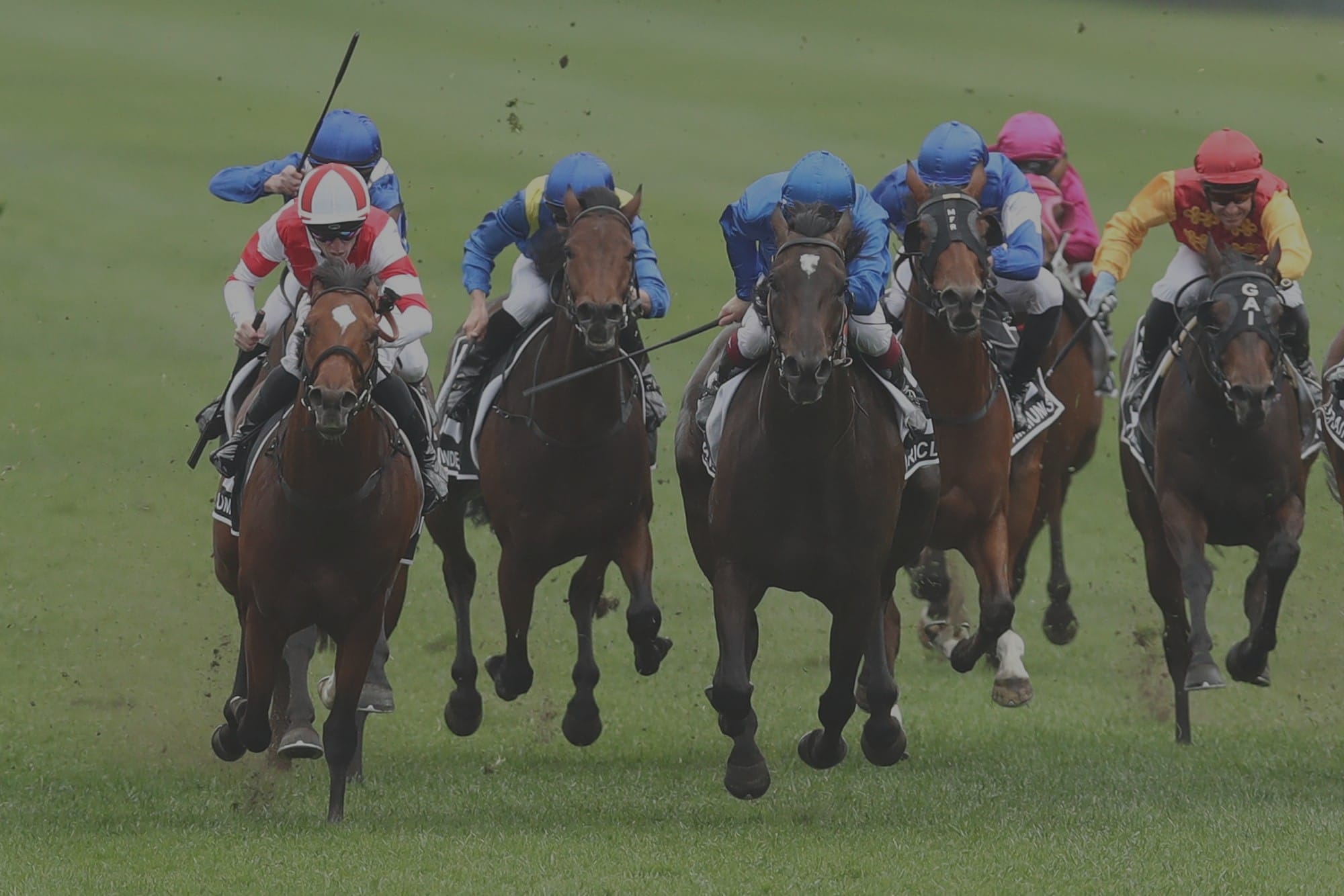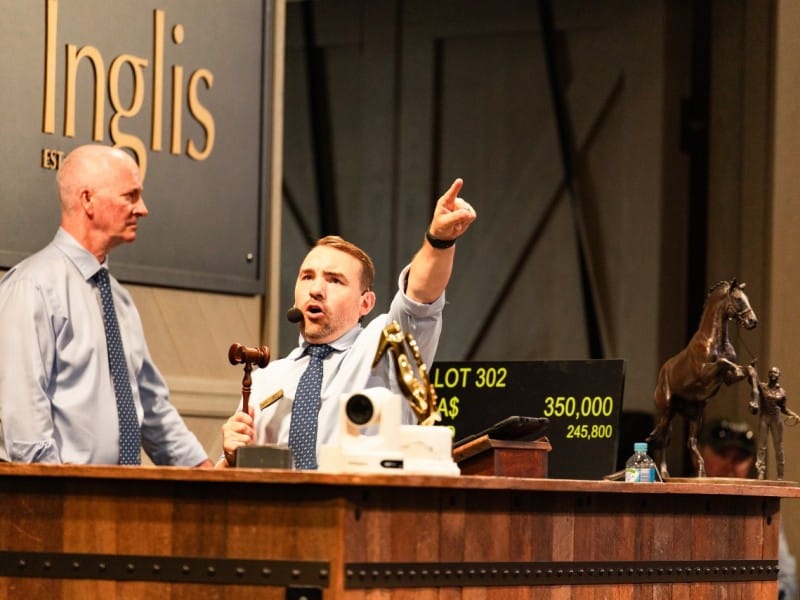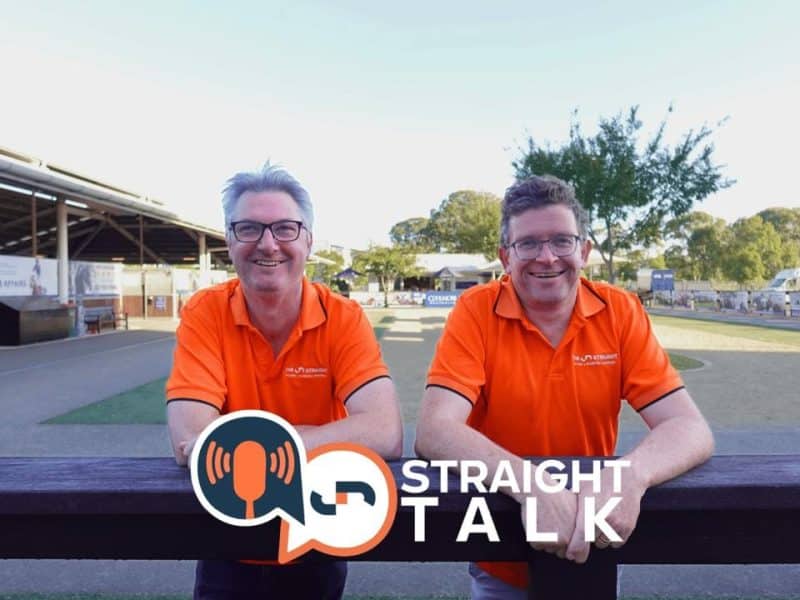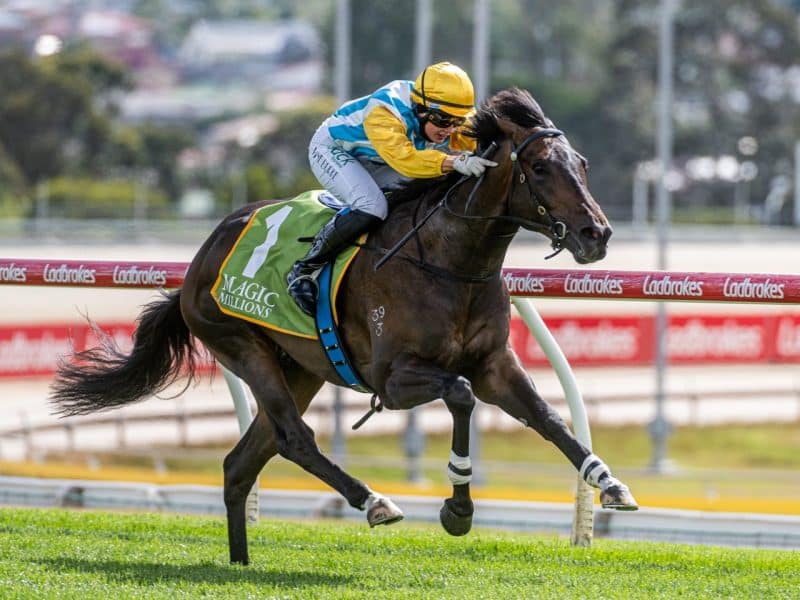Trainers and jockey pay spat to prove a test of Morrison’s leadership
The unholy dispute between the Victorian Jockeys’ Association and the Australian Trainers’ Association over jumpout payments is set to be brought to a head next week with plans for the parties to sit down with Racing Victoria CEO Aaron Morrison to look for a resolution.
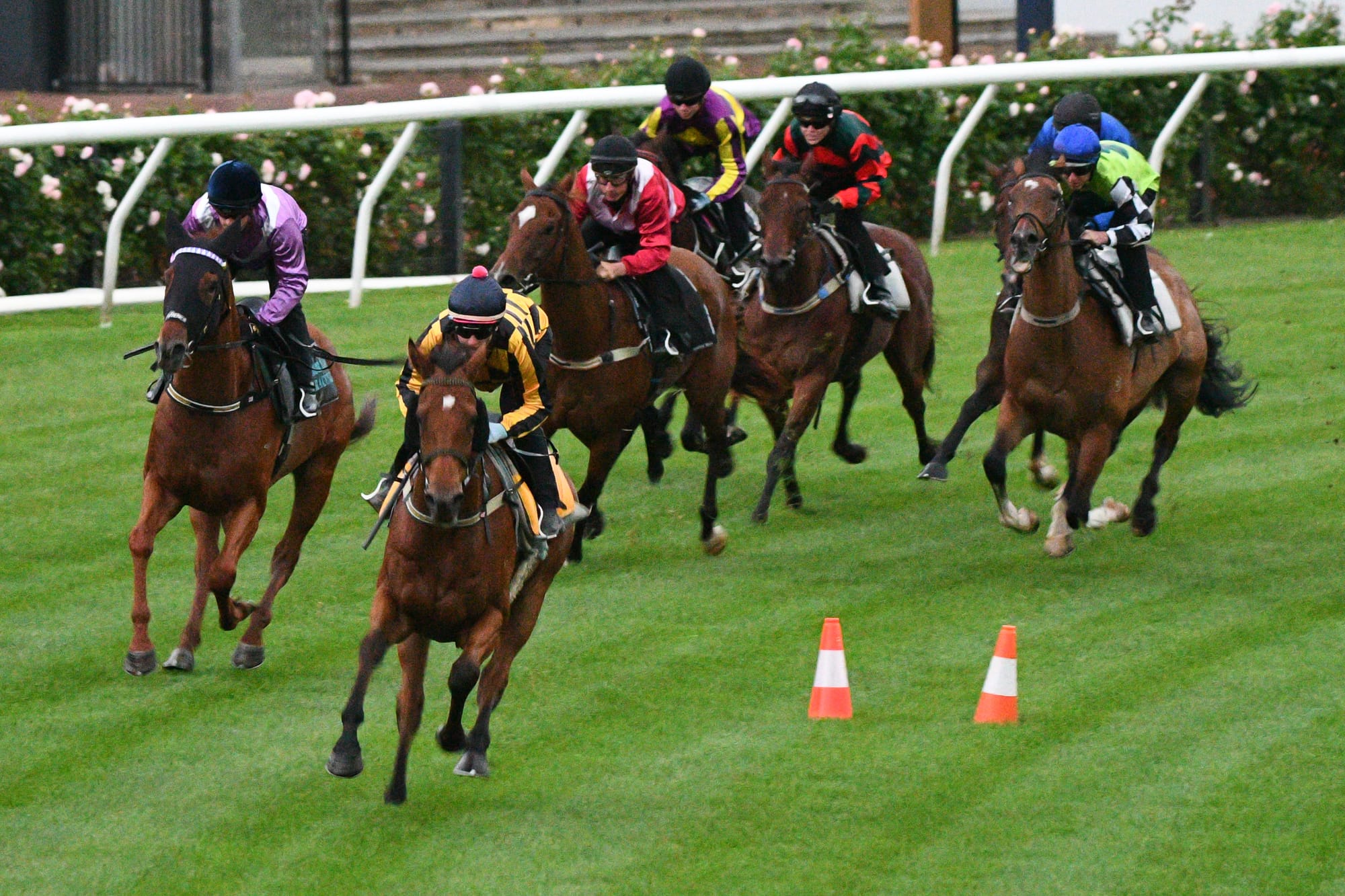
But the language emanating from both sides of the debate indicates that Morrison’s diplomacy will be tested to the limit, with the VJA’s Matt Hyland of the strong opinion that the jockeys have made all the concessions they intend to while hearing nothing from the ATA.
The central issue from the VJA’s perspective is that jockeys shouldn’t have to ride in club-conducted jumpouts for free when they are getting paid $110 to ride in Racing Victoria-sanctioned barriertrials.
They advised RV and the ATA in September that if the issue was not resolved by December 1, they would take action and refuse to rise in jumpouts at several tracks. Since that date, the majority of senior jockeys have refused to ride jumpouts at several key venues.
The VJA’s latest proposal, put forward on December 23, is that they are prepared to take a $50 per jump-out fee, as opposed to originally proposed $110, but they have heard nothing back from the ATA as yet.
“The VJA has been absolutely fair and reasonable,” Hyland told The Straight. “The jockeys have reduced their fee to $50. They’ve put skin in the game with their contribution.”
“At the end of the day, they’re providing a service and they should be paid for it.”
Hyland has been pushing for an answer to their proposal but is unlikely to get one before next week’s meeting with ATA chief executive Stephen Bell confirming the trainers are still considering their position.
“We’ll take our feedback to the VJA, to Racing Victoria, and see what the outcome is after that,” Bell said.
The trainers have said they’d be willing to pay a fee, but want jockeys to invoice them directly, which the VJA dismissed as a tactic to negotiate fees with individual jockeys.
“Are they doing it so they can reserve the right to decide whether they pay or not? Is that what they’re doing?” Hyland asked.
While Bell was keen to play a straight bat ahead of the meeting, the precise timing of which is yet to be determined, his membership base has been quite willing to give a running commentary on what they feel is an unfair impost on their business.
Clinton McDonald weighed in this week, suggesting any payment would mainly benefit leading jockeys who are already well compensated. That suggestion echoes similar discussions had in racing media over the past six weeks and rankles Hyland.
“It’s not for Clinton Macdonald to determine whether it’s suitable for jockeys 12 to 40 to ride jumpouts. The 60-odd jockeys that have committed to this, they are in that bracket from one to 60,” he said.
“They’re the senior riders. They’ve made that decision. So, I don’t see how that observation by a trainer is at all relevant.”
Morrison and RV now find themselves in the middle of a major disagreement, which has not only aired bad blood between those who prepare the horses and those who ride them, but also broader issues from those two participants groups.
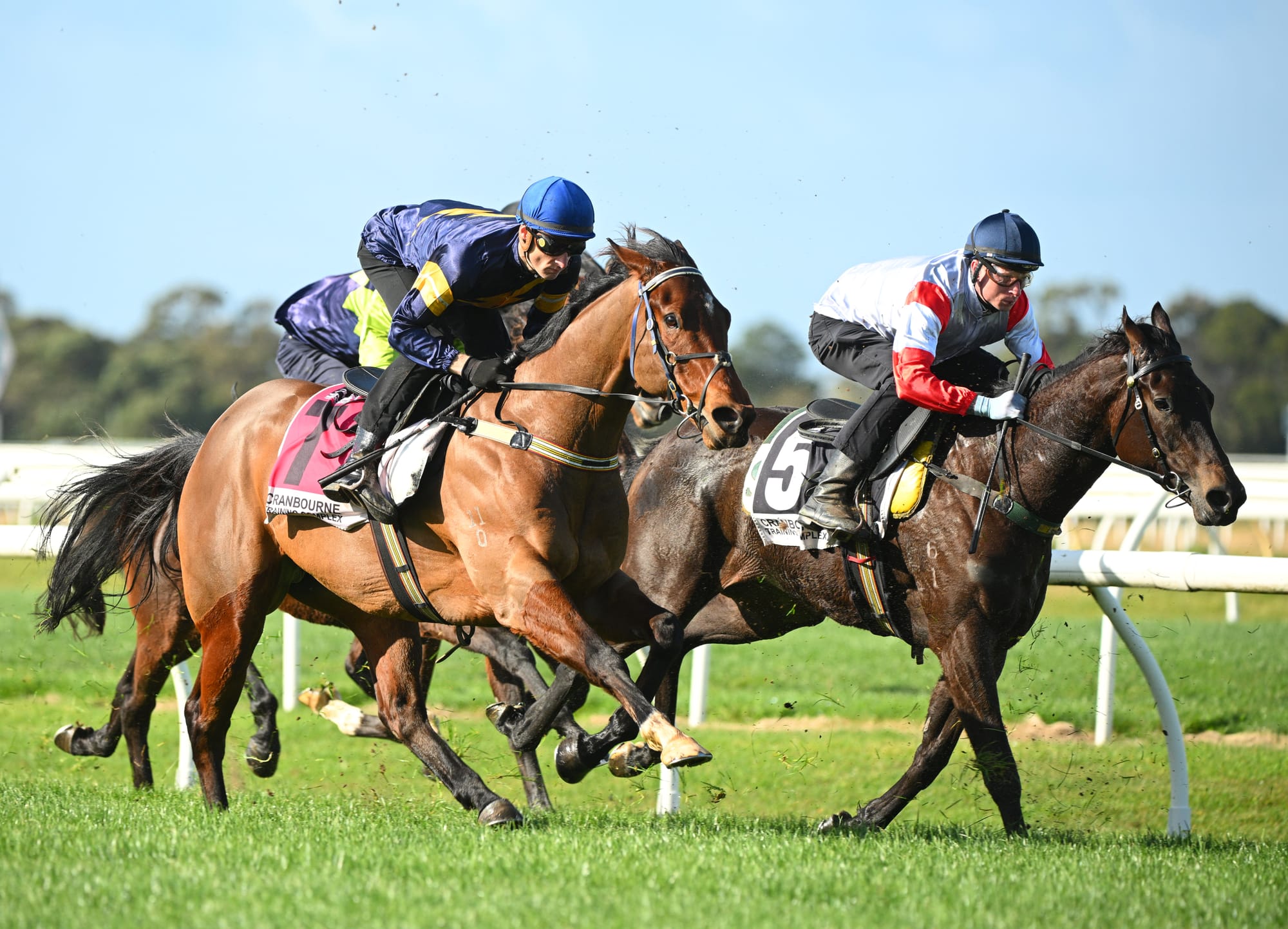
Asked by The Straight where he felt the issue sat 45 days after the jockeys stopped riding in jumpouts, Morrison said it appeared difficult to find a middle ground.
“We’re definitely in a stalemate position at the moment and our role is to try and help the VJA and the ATA to negotiate this directly between themselves,” Morrison said.
“RV’s not at this stage offering to be involved or come up with a solution as much as some people want us to.
“I don’t have a couple of million dollars sitting around to be able to do that, so we’re trying to get them to work it out amongst themselves.”
But while a lack of funding is part of the issue, the two participant groups appear to be split in principle as well.
“We’re providing a service that is exactly the same as from one week to the next,” Hyland said.
“Under the model, the frustration or the beef we have with Racing Victoria is, ‘hey, we’re supportive from an industry perspective’.
“We’re supportive of continuing to run it under the jumpout model. We are supportive of that because if that’s the cheapest and best option for the industry, then of course we’re supportive of that. But we’re not supportive of remaining under that model and not getting paid. It’s just not fair.”
Advertising: New Zealand-bred horses have won 21 percent of Australian Group 1 races in the past five years
Indeed, RV does hold some responsibility for the fact that jumpouts have evolved as a club-run budget version of an official trial over the past five years.
Once an unofficial option for trainers to school their horses, they are now filmed, given commentary and even included in form guides.
Morrison said RV and the clubs had worked hard to deliver the “right consumer outcome” in terms of offering vision and data for owners, punters and others, but their rise in prominence and frequency have prompted the jockeys’ demands to be paid accordingly.
The ATA has suggested that the recent doubling of the number of official trials from 24 to 48, designed in part to address the rise in jumpouts, hadn’t had the desired impact as the trials had not been scheduled at the right venues.
Beyond the trial/jumpout dynamic, greater issues are also at play.
In a difficult economic environment, trainers are feeling the pressure and carry much of the risk, be it for horses purchased and not yet sold, or for unpaid ownership fees.
“The trainers are trying so hard not to have increased bills for owners, but things just keep going up, and this will be another burden that they’ll have to wear,” Bell said.
“It’s easy to say it’s passed on to the owners but will the owners want to pay it?”
Almost every trainer The Straight spoke to during the recent Magic Millions Gold Coast Yearling Sale, mentioned the challenge of rising costs and having to work much harder to lure owners to invest.
While returns to owners in Australia, chiefly through prize money, surpassed $1 billion last year, ownership costs have skyrocketed. That has acted as a disincentive to ownership growth, with many opting to reduce the size of their shares or opt-out completely.
On top of that, defaults on training fees are rising, leaving stables to carry the can. Several high-profile training operations have or are close to going under at the moment.
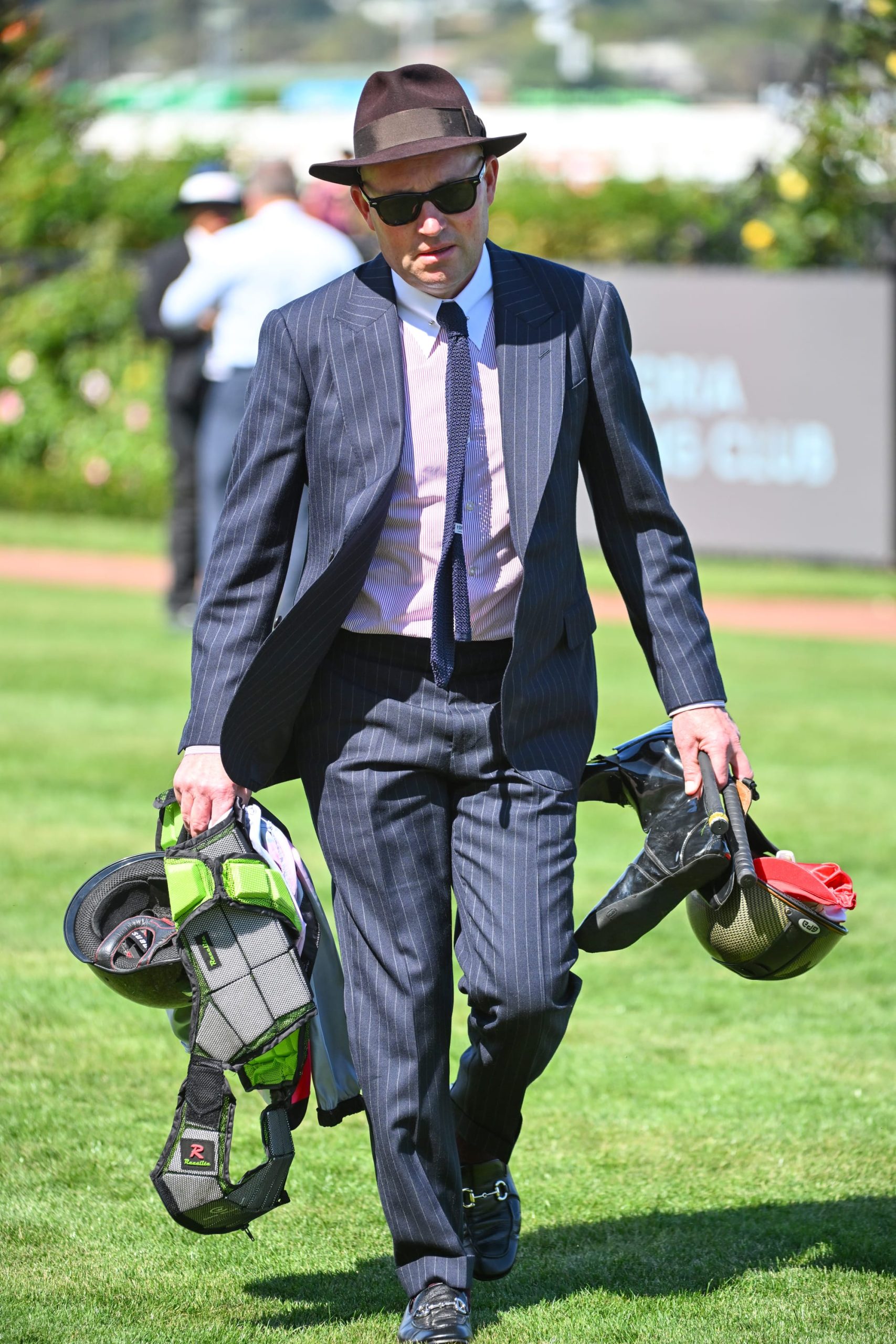
Hyland said that while the VJA understands the difficult conditions, it is not their role to subsidise the trainers’ business model.
“They reserve the right to run their business and how they run their business. We don’t have any oversight over that,” Hyland said.
“We have no control over it and we don’t want any control over it. If they are feeling the strains of the industry and owners, that’s their business. You can’t use that in regard to this topic.”
There is a third participant group that this also impacts, the owners. TROA, led by influential figure Jonathan Munz, has stayed out of the public discussion, but has always been keen to minimise the cost impact on its members. It is watching on with interest.
Morrison, facing the second major crisis of his tenure after the debacle over the national pattern, admits it’s a bad look to have two such prominent groups in such furious disagreement.
“We don’t want this to turn into a broader industrial dispute,” Morrison said. “They’ve got to come to the table now,” he said.
“The jockeys have come back with a significant compromise position and it’s up to the ATA now to decide what they want to do next.”
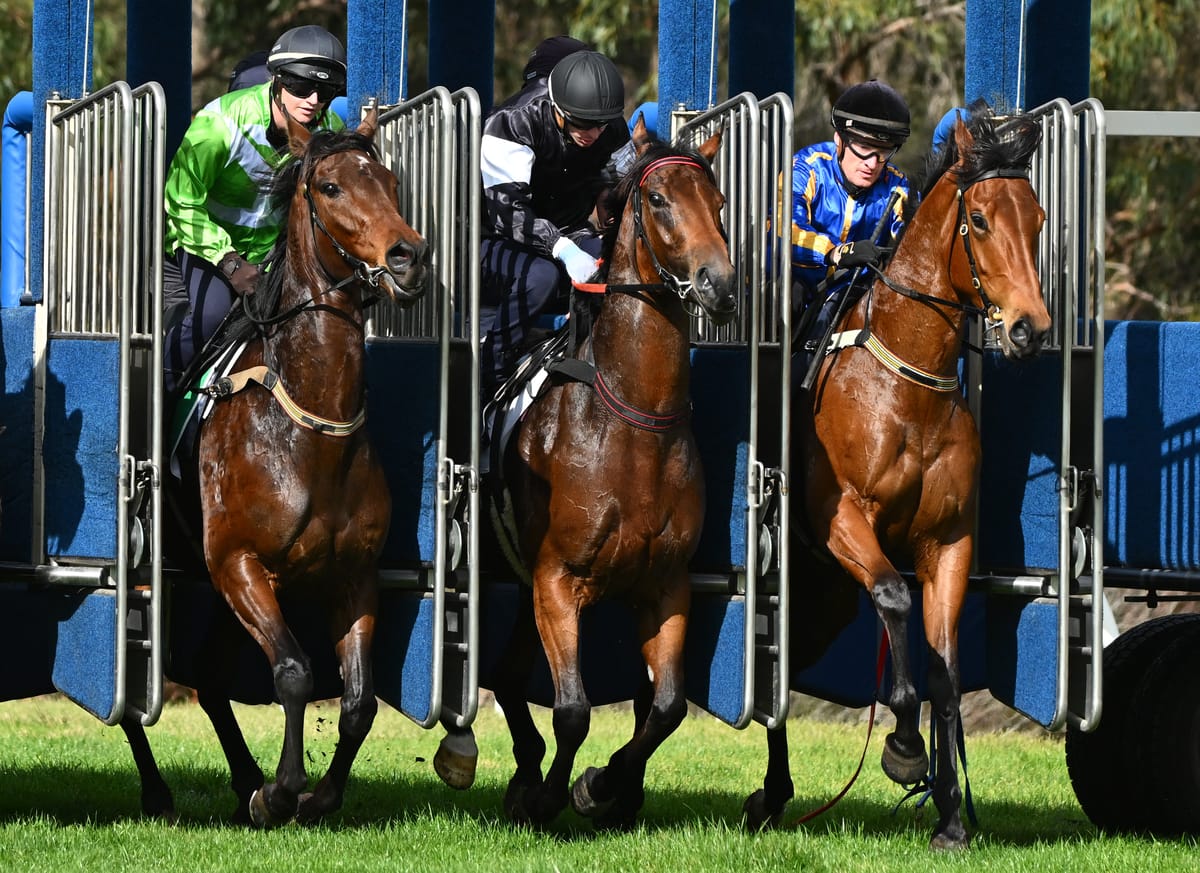
While they disagree on most aspects of this argument, the jockeys and trainers groups both want Racing Victoria to help find a solution. Both said they are looking to RV for leadership.
Given RV’s current financial situation, that leadership won’t involve a chequebook, but Morrison is under pressure to find something to bring the parties to agreement, or risk an autumn overshadowed by rock-throwing from his two highest-profile participants.

